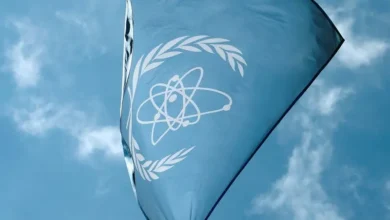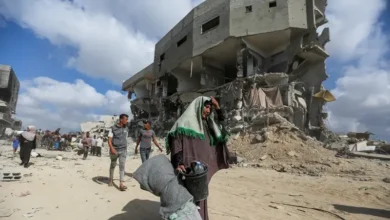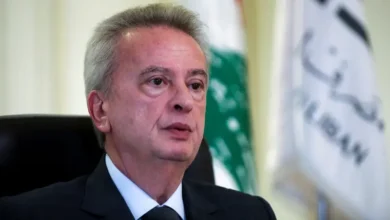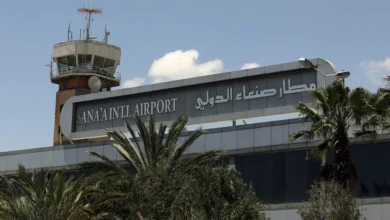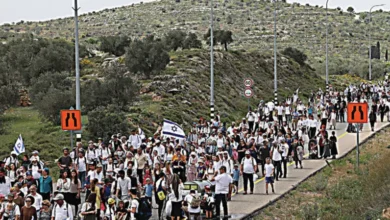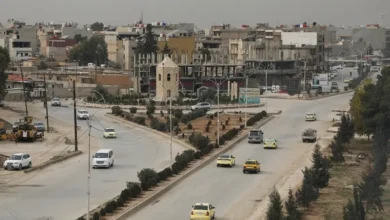Egypt, UAE sign investment deal to develop Ras al-Hikma peninsula west of Alexandria
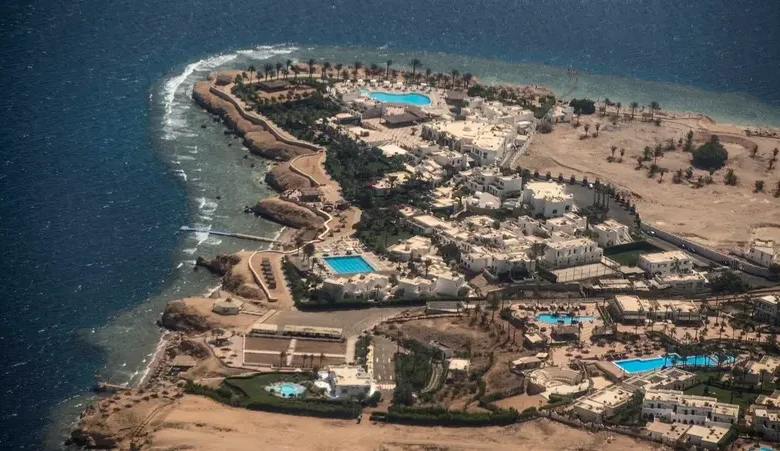
Egypt signed on Friday an investment partnership agreement with the United Arab Emirates to develop the Ras al-Hikma peninsula west of Alexandria, in one of the biggest deals of its kind.
The project will earn $150 billion, Egypt’s Prime Minister Mostafa Madbouly said.
The United Arab Emirates is to inject $35 billion in foreign direct investment into Egypt over the next two months, Madbouly told a news conference on Friday.
Madbouly said the investment would “contribute to resolving” a hard currency crunch that has threatened Egypt’s ability to service its large foreign debt and allow it to end separate official and black market exchange rates for the Egyptian pound.
Emirati sovereign wealth fund ADQ meanwhile said that $24 billion of the investment would go to developing the Ras al-Hikma area west of Alexandria on the Mediterranean coast.
The remaining $11 billion would go towards “deposits that will be utilized for investment in prime projects across Egypt to support its economic growth and development,” according to a press release.
The deal signed between the two governments foresees the injection of a first tranche of $15 billion over the next week, with a second tranche of $20 billion following within the next two months.
Madbouly said the Ras al-Hikma project would see the development of a full resort city with an airport to be managed by the UAE.
Egypt’s highly import-reliant economy, dominated by military-linked enterprises and with a fondness for infrastructure mega-projects, has been hit hard by a series of recent shocks.
The pandemic impacted its key tourism sector. The Ukraine war raised the cost of wheat and other imports. And recent attacks by Yemen’s Houthis on Red Sea shipping have slashed vital Suez Canal fees.
Remittances from overseas Egyptian workers — the main source of foreign currency — slumped by as much as 30 percent in July-September 2023 alone, according to Central Bank of Egypt data.
The Egyptian state, highly indebted after years of heavy borrowing, including for a new capital city in the desert east of Cairo, has struggled to service its ballooning debt.
The International Monetary Fund has stepped in with a $3 billion loan facility but demanded painful austerity measures.
Loan tranches and program reviews have been repeatedly delayed until Cairo moves ahead with promised reforms, including a fully flexible exchange rate, the IMF says.
The currency crunch has undermined confidence among Western investors about Egypt’s ability to service its debts.
JP Morgan recently announced it would exclude Egypt from its index of government bonds, while ratings agency Moody’s lowered its outlook on Egyptian bonds from “stable” to “negative.”


